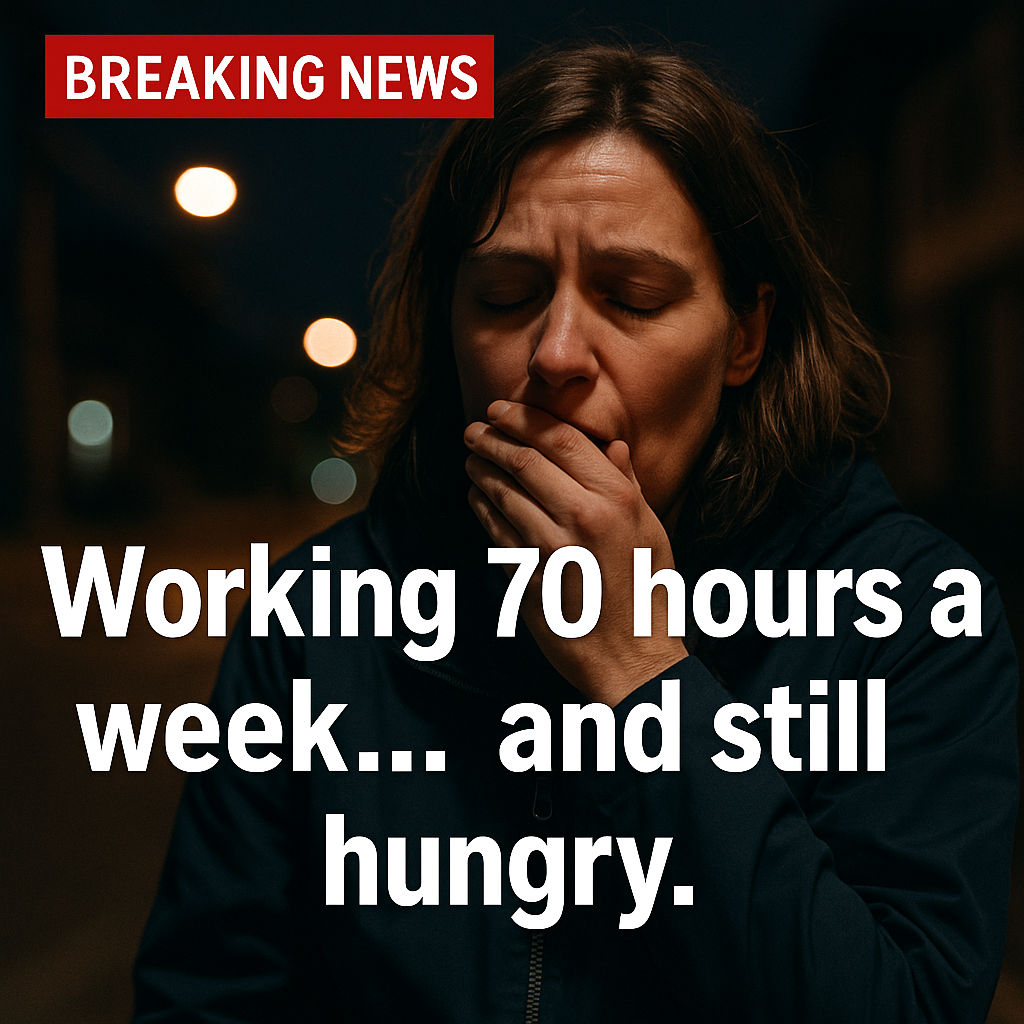In towns and cities across the UK, a silent crisis is unfolding. Thousands of working-class people are holding down two or even three jobs, yet still living in poverty. Despite their relentless effort, they find themselves locked out of government support schemes, trapped in a cruel paradox: working more than ever, but falling further behind.
Sarah Mitchell, 34, is a teaching assistant by day and a cleaner by night in Darlington. She clocks up over 65 hours a week but still struggles to keep the lights on.
“I never thought I’d be working two jobs and still queuing at a food bank,” she says. “But because my combined income looks decent on paper, I’m told I don’t qualify for help. It’s as if the system punishes you for trying.”
Sarah’s story is far from unique. New figures from the Office for National Statistics show that over 1.5 million Britons are working multiple jobs — the highest number since records began. Yet many of these workers are also among the 14 million people living in poverty in the UK.
The government says support is targeted at those “most in need,” but campaigners argue the current welfare thresholds are outdated and fail to reflect today’s cost of living.
“In-work poverty is the scandal of our time,” said Dr. Peter Lawson from the Centre for Social Justice. “Work should be a ladder out of hardship. Instead, it’s becoming a hamster wheel — you run faster and faster but get nowhere.”
Rising rent prices, soaring energy bills, and inflation at grocery stores have eroded the value of wages. According to the Joseph Rowntree Foundation, a family needs to earn at least £43,400 a year to reach a minimum decent standard of living. For many, even working full-time hours across two jobs, this target remains out of reach.
Take Daniel and Amina, a married couple from North Yorkshire. Daniel works early mornings as a delivery driver and late evenings in a warehouse. Amina works days in retail and weekends cleaning offices.
“We barely see each other,” said Daniel. “We work opposite shifts so one of us is always with the kids, but even then, after paying for food, rent, and travel, we have nothing left.”
Despite working over 120 hours between them each week, they were denied Universal Credit because their combined income slightly exceeded the threshold.
“It’s humiliating,” said Amina. “We’re doing everything society told us we should — work hard, stay off benefits — and still we’re drowning.”
The mental health impact is devastating. A recent study by Mind UK showed a sharp rise in anxiety, depression, and burnout among low-income workers, with many citing financial stress and exhaustion as major factors.
Meanwhile, political leaders have faced growing criticism for failing to address the plight of the working poor. Critics accuse successive governments of ignoring the deep structural problems in the economy: stagnant wages, insecure contracts, unaffordable housing, and a benefits system no longer fit for purpose.
“The social contract is broken,” said Frances O’Grady, former TUC General Secretary. “Work is supposed to guarantee dignity and security. Right now, it guarantees neither.”
Many struggling workers feel abandoned by a system that seems rigged against them.
“We don’t want handouts,” Sarah says. “We want fairness. We want a chance to live, not just survive.”
With the general election looming, campaigners hope that the voices of Britain’s working poor will finally be heard. Until then, millions continue to work themselves into the ground — only to stay exactly where they are.
We are awaiting comment from our local MP's - we will bring you an updated story when we have it
